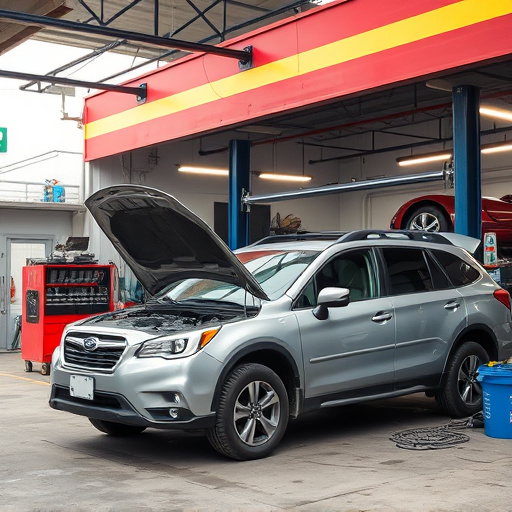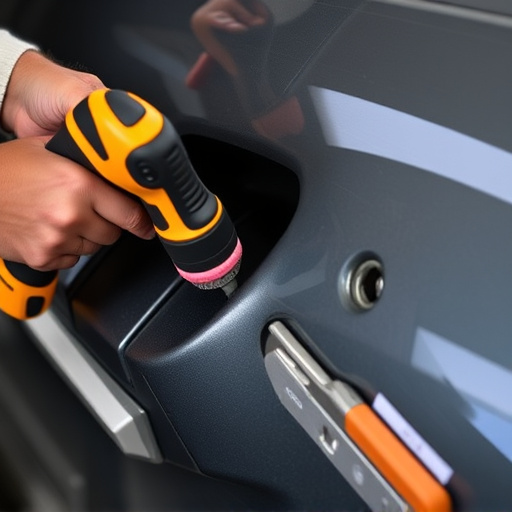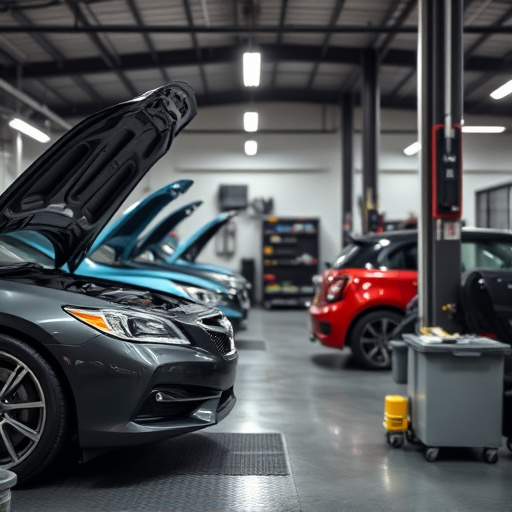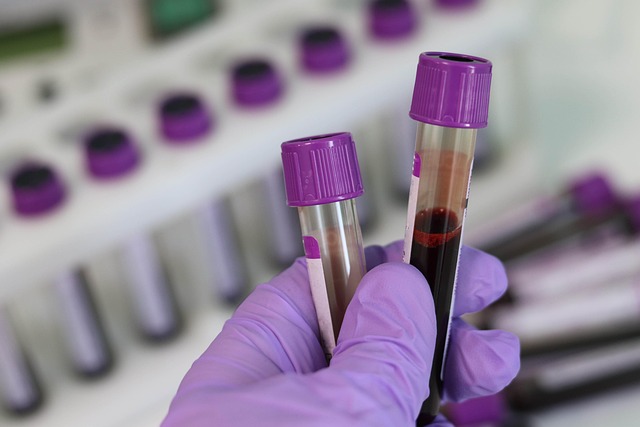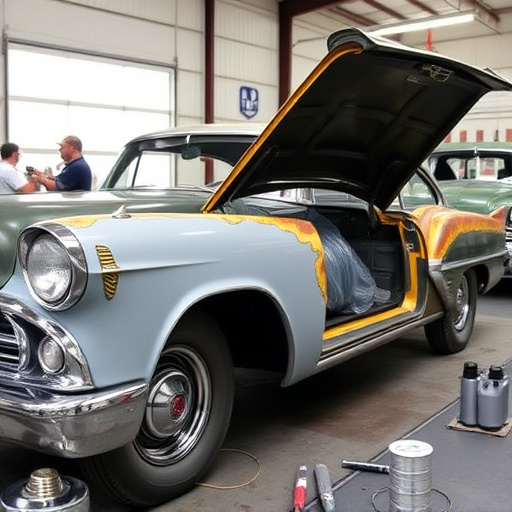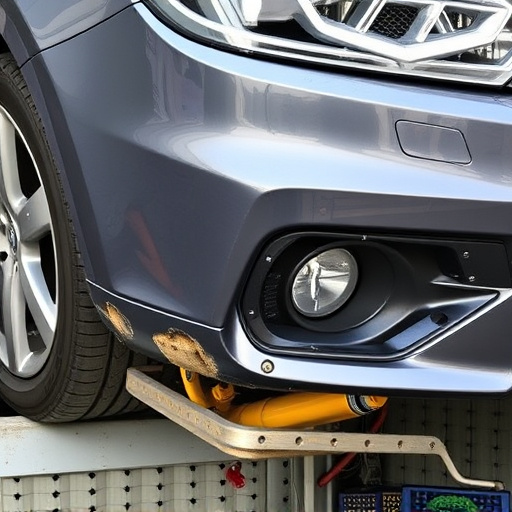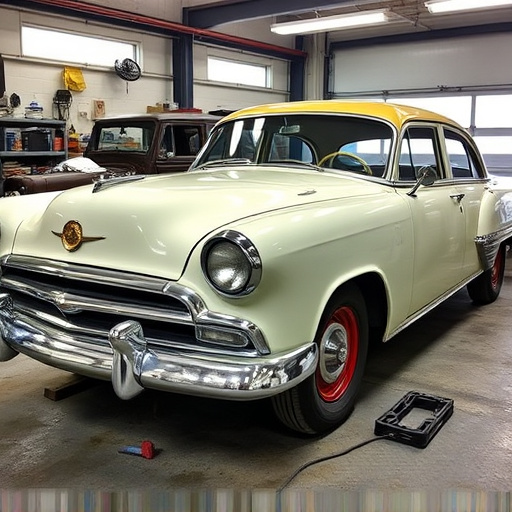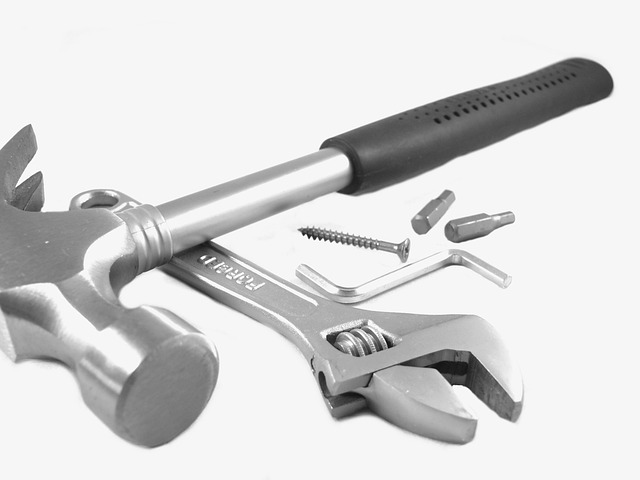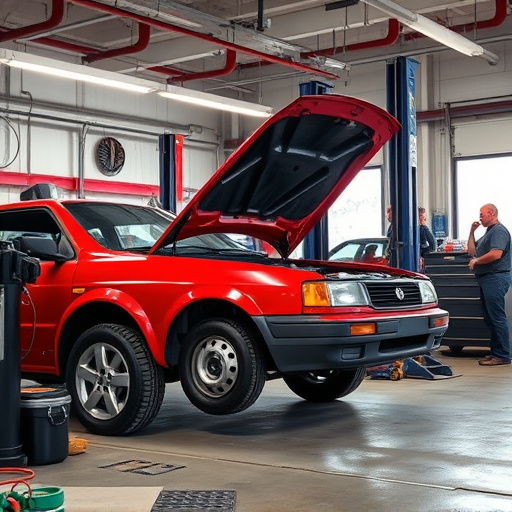The supplement process is crucial for auto repair shops to enhance service offerings and compete with larger facilities. Smaller shops can leverage digital software, continuous learning, and effective communication to handle complex tasks while maintaining high-quality outcomes. Larger workshops must adopt streamlined best practices, specialized collision repair software, and standardized procedures to manage the supplement process efficiently and maintain market competitiveness.
In today’s competitive market, a seamless supplement process is vital for both small and large repair shops. This article provides valuable insights into optimizing this critical operation, catering to diverse business needs. From fundamental understanding to advanced strategies, we explore effective techniques for efficient workflow management. Learn how small teams can streamline their processes and what best practices large workshops should adopt to elevate their supplement procedures, ensuring superior customer service and operational excellence.
- Understanding Supplement Process Fundamentals for All Shops
- Optimizing Workflow: Efficient Supplement Process for Small Teams
- Scaling Up: Best Practices for Large Workshops' Streamlined Supplements
Understanding Supplement Process Fundamentals for All Shops

The supplement process is a crucial aspect for both small and large repair shops to enhance their services, especially in the realm of car damage repair. It involves adding specialized components or parts to a vehicle during the restoration or modification phase, ensuring that the final product meets or exceeds industry standards. For smaller garages, understanding this process is essential as it allows them to offer a broader range of services and compete with larger auto repair near me facilities. By familiarizing themselves with various supplement techniques, these shops can efficiently handle complex tasks such as collision repair while maintaining high-quality results.
Regardless of size, all repair shops should grasp the fundamentals of the supplement process. This includes knowledge of different materials, tools, and equipment required for specific jobs. For instance, when dealing with a collision repair, auto body shops need to have expertise in working with sheet metal, plastic, and composite materials. They must also be adept at using modern technology like computer-aided design (CAD) software to ensure precise measurements and accurate panel replacement. Through continuous learning and staying updated with industry trends, both small and large businesses can effectively incorporate supplements into their workflows, thereby elevating the overall customer experience and satisfaction in collision repair services.
Optimizing Workflow: Efficient Supplement Process for Small Teams
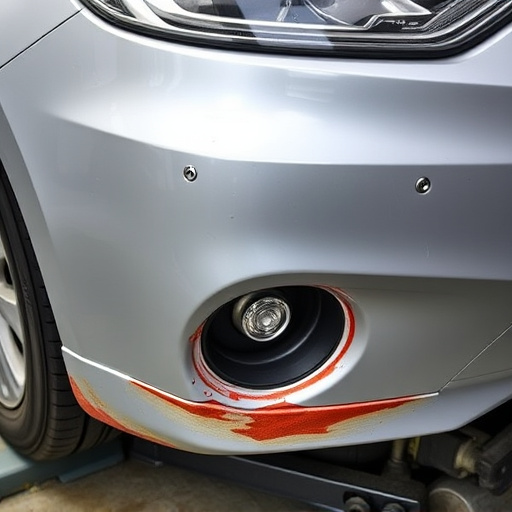
In the realm of auto body repair, a streamlined supplement process is pivotal for small teams to maintain efficiency and productivity. Optimizing workflow starts with digital integration—adopting software solutions designed for collision damage repair can automate tasks like estimating and invoicing, freeing up valuable time. For instance, using digital tools to capture and manage customer data ensures that information is accessible across the board, reducing the need for manual transfers and potential errors.
Additionally, prioritizing communication channels is key. Establishing clear lines of communication between team members, customers, and suppliers through platforms like Slack or email can prevent delays and missteps. This approach allows for real-time updates on supplement process status, ensuring everyone involved is on the same page. By implementing these strategies, small repair shops can efficiently manage the supplement process, delivering top-notch body shop services despite limited resources.
Scaling Up: Best Practices for Large Workshops' Streamlined Supplements
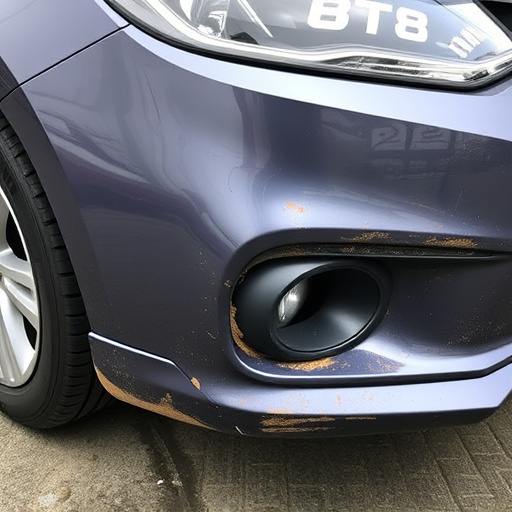
As workshops expand their operations from small to large-scale, managing the supplement process for auto body services and vehicle restoration becomes a strategic challenge. The key to success lies in adopting streamlined best practices that enhance efficiency and quality control. Large shops should invest in robust software solutions designed for collision repair, which can automate tasks like estimating, inventory management, and reporting. This digital transformation enables faster turnaround times and reduces human error.
Implementing standardized procedures for frame straightening and other critical repairs is another essential step. By establishing clear protocols, ensuring consistent training for staff, and utilizing advanced equipment, large workshops can maintain high-quality standards across all projects. Regular reviews of supplement processes and continuous improvement initiatives are vital to staying competitive in the market while providing top-notch auto body services.
Whether you run a small repair shop or a large, bustling workshop, implementing efficient supplement processes is vital. By understanding the fundamentals and optimizing workflow, you can enhance productivity and customer satisfaction. For smaller teams, streamlined practices ensure every task is executed promptly, while larger workshops can benefit from best practices that scale up operations, making the supplement process seamless and effective. Embracing these strategies allows for a harmonious blend of organization and adaptability, ultimately revolutionizing how your shop manages supplements.

